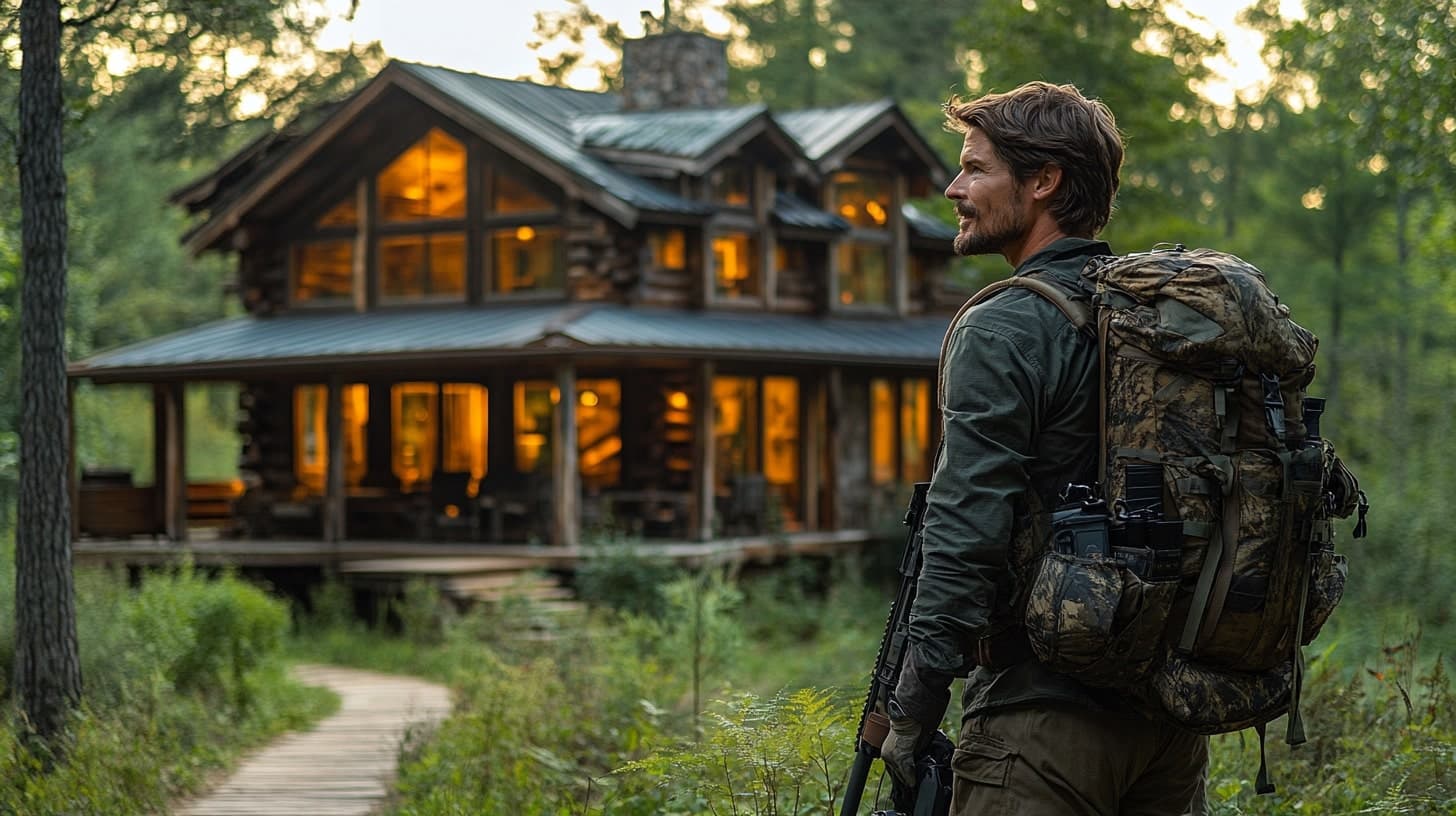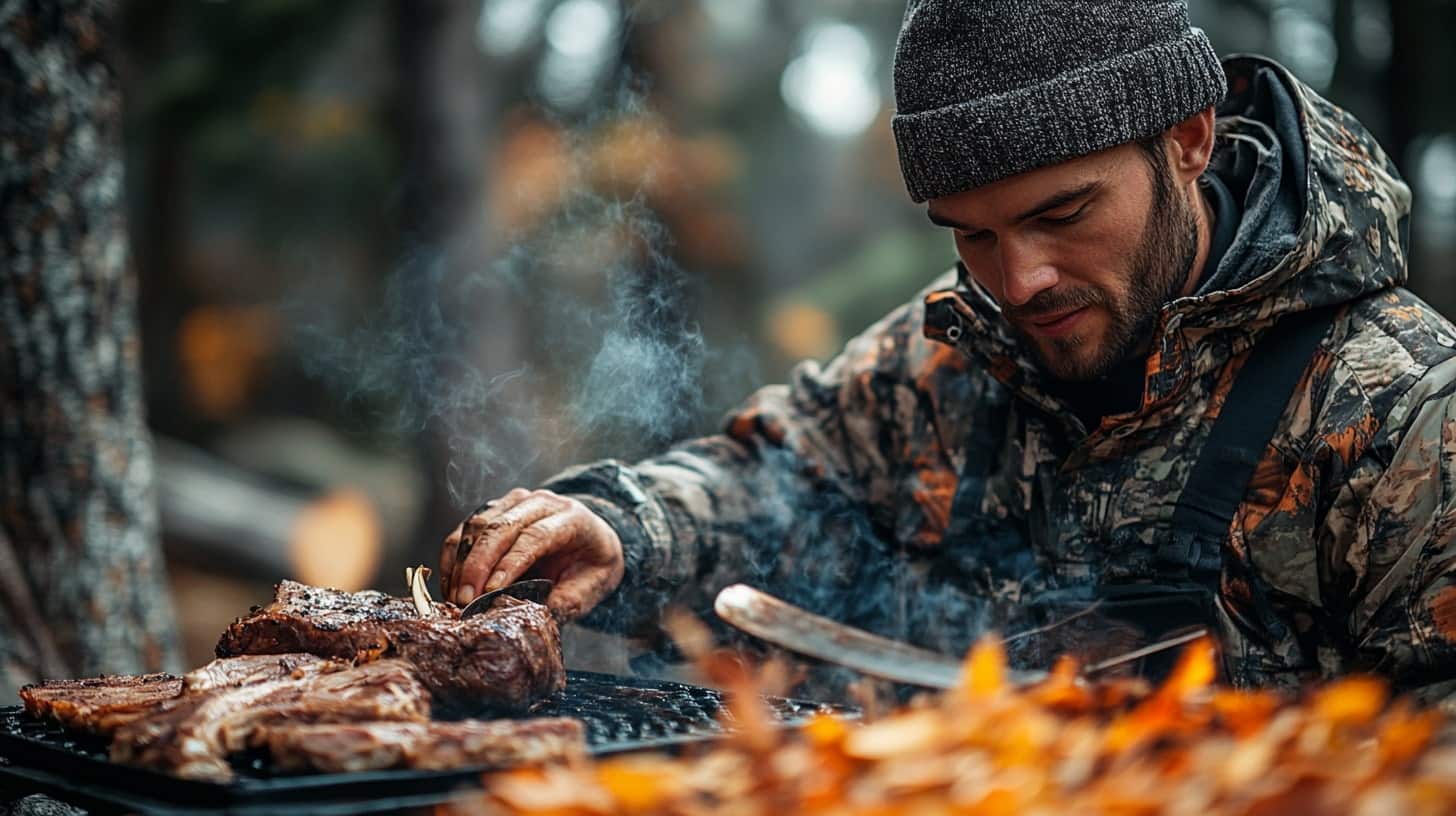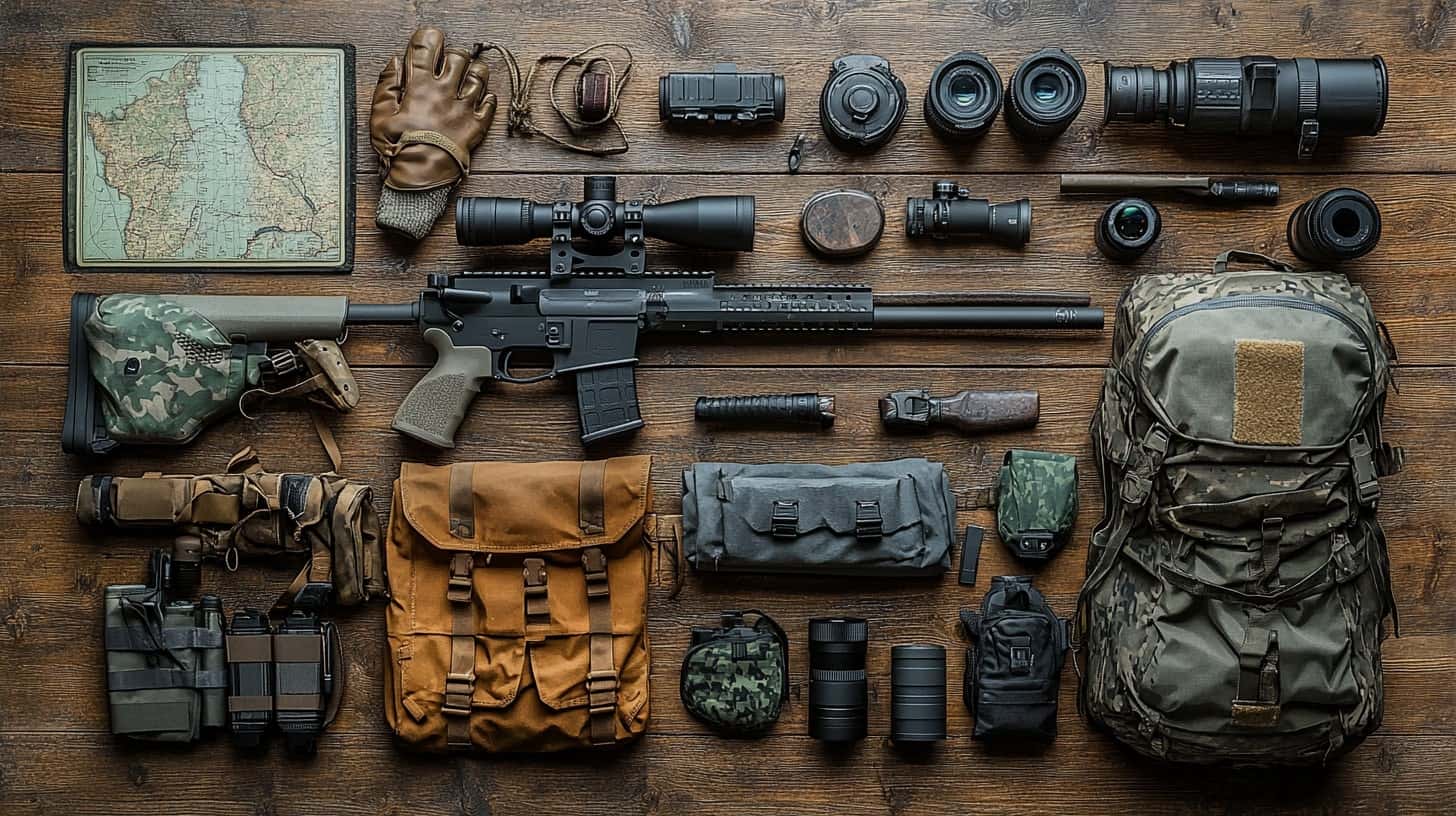For hunting enthusiasts, there’s nothing quite like having a dedicated retreat to escape the hustle of daily life and immerse yourself in nature. A well-designed hunting retreat serves as both a sanctuary and a base of operations for outdoor adventures. Whether you’re a seasoned hunter or just starting, creating the ultimate hunting retreat requires careful planning, attention to detail, and an understanding of what makes a space functional and enjoyable for you and your fellow hunters.
This guide will walk you through the essential elements of building your dream hunting retreat, from choosing the perfect location to incorporating modern conveniences without sacrificing rustic charm.
Choosing the Perfect Location
The foundation of any great hunting retreat starts with the right location. Ideally, your retreat should be close to a hunting area rich in game species, such as deer, elk, waterfowl, or other regional wildlife. Proximity to public or private hunting grounds is critical, but there are other factors to consider as well.
Accessibility
A retreat that’s too remote can make logistics challenging, especially during harsh weather. Make sure your location is accessible by vehicle and has reliable roads or trails leading to it. Consider how often you plan to visit and whether the location is suitable year-round.
Diverse Terrain
The landscape surrounding your retreat should cater to your hunting preferences. A mix of open fields, wooded areas, water sources, and elevated terrain increases the likelihood of attracting a variety of game.
Privacy and Ownership
Privacy is key to creating a true retreat. Owning your land or leasing a private plot ensures that you can enjoy hunting without interference from other outdoor enthusiasts. Look for properties that offer seclusion without compromising safety or accessibility.
Designing the Ideal Hunting Lodge
Your hunting retreat should be more than just a place to sleep. It should feel like a home away from home, blending comfort with practicality.
Rustic Yet Functional Architecture
The architecture of your retreat should complement the natural surroundings while providing modern amenities. Log cabins are a popular choice due to their timeless aesthetic and durability. Incorporating large windows allows natural light to fill the space and provides stunning views of the outdoors.
Essential Features
- Sleeping Arrangements: Plan for enough beds or bunks to accommodate you and your guests comfortably.
- Kitchen and Dining Area: A well-equipped kitchen with modern appliances makes meal prep after a long day in the field much easier. Include a large dining table for communal meals.
- Storage: Dedicated spaces for gear, firearms, and supplies are critical. Consider adding a mudroom to keep the main living areas clean.
- Heat and Insulation: A reliable heating system, coupled with proper insulation, ensures the retreat remains cozy during colder hunting seasons. A wood-burning stove adds warmth and charm.
Entertainment and Relaxation
While hunting is the primary focus, downtime is an important part of the retreat experience. Include a comfortable lounge area with seating, a fireplace, and entertainment options like books, games, or a television. For an extra touch of luxury, consider adding a hot tub or outdoor firepit.
Essential Amenities for Hunters
A retreat tailored to hunters should include features that make outdoor activities safer and more efficient.
Processing and Storage Areas
A designated space for cleaning, processing, and storing game is a must. This area should have proper ventilation, stainless steel surfaces, and refrigeration units for meat storage.
Firearm and Gear Storage
Secure storage for firearms, ammunition, and hunting equipment is essential. Install lockable gun safes and gear racks to keep everything organized and accessible.
Workshops and Maintenance
A small workshop or garage for vehicle and equipment maintenance ensures that ATVs, trail cameras, and other tools remain in working condition.
Power and Connectivity
Even remote retreats benefit from modern technology. Solar panels or backup generators provide power, while satellite internet ensures communication with the outside world in emergencies.
Creating an Inviting Outdoor Space
The beauty of a hunting retreat lies in its connection to nature. Thoughtful outdoor spaces enhance the experience and provide additional functionality.
Porches and Decks
Covered porches or wraparound decks offer a perfect spot to enjoy morning coffee while scouting for game. Furnish these spaces with durable outdoor furniture and lighting.
Observation Towers
Consider building a small observation tower or elevated stand to survey the property and track wildlife movement.
Firepit and Cooking Area
An outdoor firepit provides a cozy gathering spot for evenings spent recounting the day’s adventures. Incorporate a grill or smoker for cooking freshly caught game.
Trails and Markers
Well-maintained trails make it easier to navigate your property and reach hunting blinds or stands. Use markers to guide guests unfamiliar with the terrain.
Sustainability and Wildlife Management
A successful hunting retreat isn’t just about enjoying the present—it’s about preserving the land for future generations. Practicing sustainable land and wildlife management benefits both the environment and your hunting prospects.
Food Plots and Habitat Management
Planting food plots with crops like clover, alfalfa, or corn attracts game and supports healthy wildlife populations. Additionally, managing the habitat by clearing underbrush or planting native vegetation can make your land more appealing to animals.
Water Sources
Ensure there are adequate water sources on your property, such as ponds, creeks, or artificial waterers. Water is essential for both wildlife and hunting success.
Ethical Hunting Practices
Encourage ethical hunting by adhering to local laws, setting harvest limits, and promoting safety among your guests. Responsible practices ensure the long-term viability of your hunting retreat.
Conclusion
Creating the ultimate hunting retreat requires a balance of functionality, comfort, and respect for the natural environment. By carefully selecting a location, designing a thoughtful lodge, and incorporating features tailored to hunters, you can build a space that enhances your outdoor experience and provides a haven for relaxation.
Investing in sustainable practices and wildlife management ensures your retreat remains a valuable resource for years to come. Whether it’s a weekend getaway or a seasonal hub for hunting adventures, a well-planned retreat will become a cherished part of your life as a hunter.



